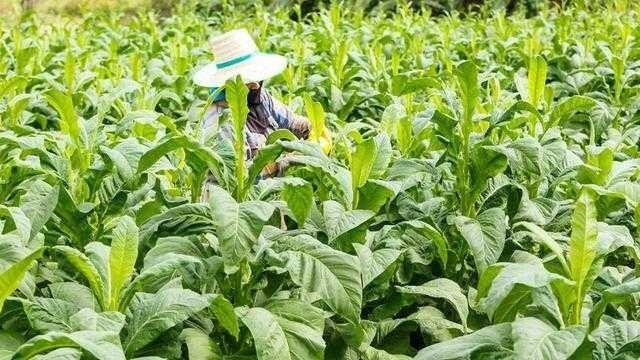tobacco indonesia

JAKARTA - The Indonesian Tobacco Community Alliance (AMTI) mentions, the tobacco industry is still a leading sector for state revenue. The reason, the industry is much to contribute and contribute to the Indonesian economy.
Chairman of AMTI Budidoyo Siswoyo said the tobacco industry has absorbed a workforce of approximately 6.1 million people.
"We know that the industry absorbs an extraordinary workforce of around 6.1 million, with 2 million tobacco farmers, 1.5 million clove farmers, 600,000 tobacco industry employees and 2 million people," he said at the Weekly Forum Gedung Sindo, Jakarta, Friday (23/3/2018).
Not only that, the contribution of cigarette industry to the state revenue is quite large. In 2015 alone, state revenues derived from cigarette taxes account for 11.3% of total state revenues.
"Currently, approximately Rp170 trillion is contributed by this sector to the state, including the third largest tax contribution after VAT and income tax," he explained.
Similarly, Budidoyo, Tax Observer Yustinus Prastowo considers the tobacco industry has a vital role in the state revenue. Himself mentioned, every single cigarette purchased, 71% of which entered into the state revenue through Income Tax (Income Tax).
"Every single cigarette spent on tobacco products is 71% given to the country through VAT and cigarette taxes, then 29% to the industry," he explained.
Not to mention Budidoyo continued, the contribution of tobacco to the Gross Domestic Product (GDP) is quite large. Even if compared to the other two sectors of telecommunications and construction, the contribution of tobacco to GDP is still much greater than both.
"The tobacco industry, compared to telecommunications and construction services, is the largest portion of large telecommunications gross domestic product, large contractors, but the contribution to small-country revenues is around Rp250 trillion-Rp300 trillion to GDP but 70 per cent to the country's contribution."
Therefore, Justin continued, it is appropriate for the government to provide more incentives to the tobacco industry by not implementing policies that burdensome the industry. According to him, so far the tobacco industry like a child of salt that actually made the backbone of the family.
"So like Mr. Budidoyo said, this (tobacco industry) is like stepchildren even if I think like a bastard but a backbone of the family," he explai